Pandanus Parkinson
pandanus palms, pandan, screw palm, screw pine
Pandanaceae
Old world tropics; especially islands and coastlines of the Atlantic, Indian and Pacific Oceans
offered as pond plants and for ripariumsriparium:
(n) a type of aquarium that simulates wet habitats found along the edges of lakes, rivers, ponds and streams
and paludariumspaludarium:
(n) type of vivarium (aquariam, terrarium) that incluces both terrestrial and aquatic organisms
; varieties also cultivated
Pandanus amaryllifolius Roxb.
P. furcatus Roxb.
P. papuanus Solms
P. pygmaeus Thouars
P. tectorius Parkinson ex Du Roi [also offered under the synonyms P. baptistii Misonne and P. pedunculatus R.Br.]
P. utilis Bory
Expanded distribution in the Old World tropics, with some introduced into North America and the Caribbean.
Pandanus tectorius and P. utilis are introduced into Puerto Rico.
not weedy
amphibiousamphibious:
(adj) of a plant able to live on land or in water
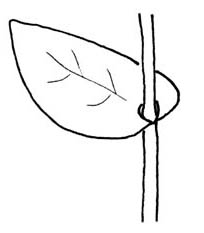 to semi-aquatic trees or shrubs
to semi-aquatic trees or shrubs
Large shrub to tree with palm-like foliage. Rhizomatousrhizomatous:
(adj) possessing rhizomes
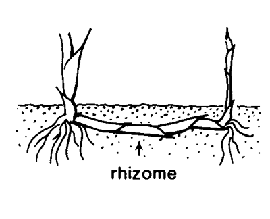 , often with adventitiousadventitious:
, often with adventitiousadventitious:
(adj) of an organ growing where it is not normally expected, e.g., roots growing from a stem
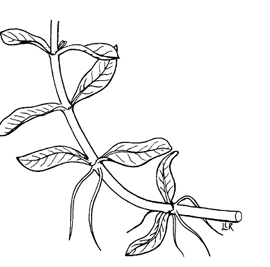 prop roots; stem simple or branched, ringed with many leaf scars. Leaves spiraled or tristichoustristichous:
prop roots; stem simple or branched, ringed with many leaf scars. Leaves spiraled or tristichoustristichous:
(adj) in three vertical rows
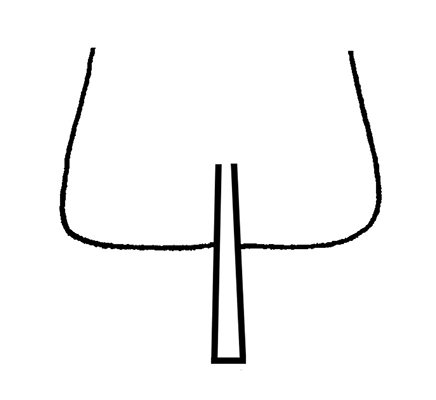 , often crowded at top of branches; sessilesessile:
, often crowded at top of branches; sessilesessile:
(adj) attached directly, without a stalk
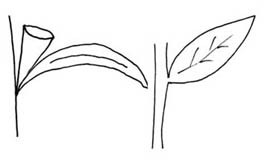 ; leaf bladeblade:
; leaf bladeblade:
(n) (syn. lamina) the flat, expanded part of a leaf, frond, or petal (excluding, e.g., the petiole)
 linear, longitudinally folded; apexapex:
linear, longitudinally folded; apexapex:
(n) the point farthest from the point of attachment; the tip (often pointed)
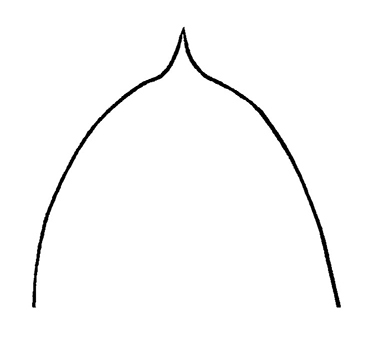 acute to acuminateacuminate:
acute to acuminateacuminate:
(adj) tapering gradually to a point and forming more or less concave sides
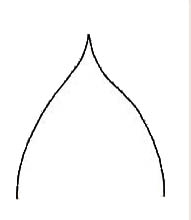 ; base sheathing; marginmargin:
; base sheathing; marginmargin:
(n) edge; rim
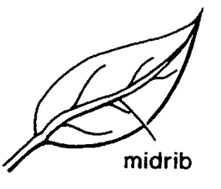 entire to spinosespinose:
entire to spinosespinose:
(adj) bearing spines
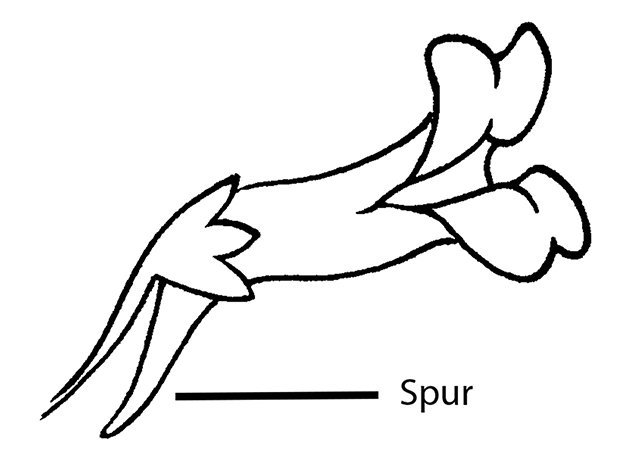 - serrateserrate:
- serrateserrate:
(adj) (of a leaf margin) bearing sharp teeth pointing forward or to the apex
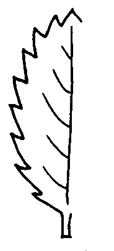 ; venationvenation:
; venationvenation:
(n) the arrangement of veins in a leaf
 parallel. Male inflorescenceinflorescence:
parallel. Male inflorescenceinflorescence:
(n) the arrangement of flowers on the floral axis
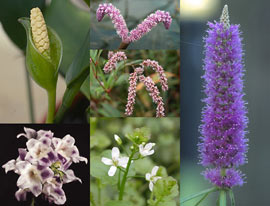 terminalterminal:
terminalterminal:
(adj) at the apex
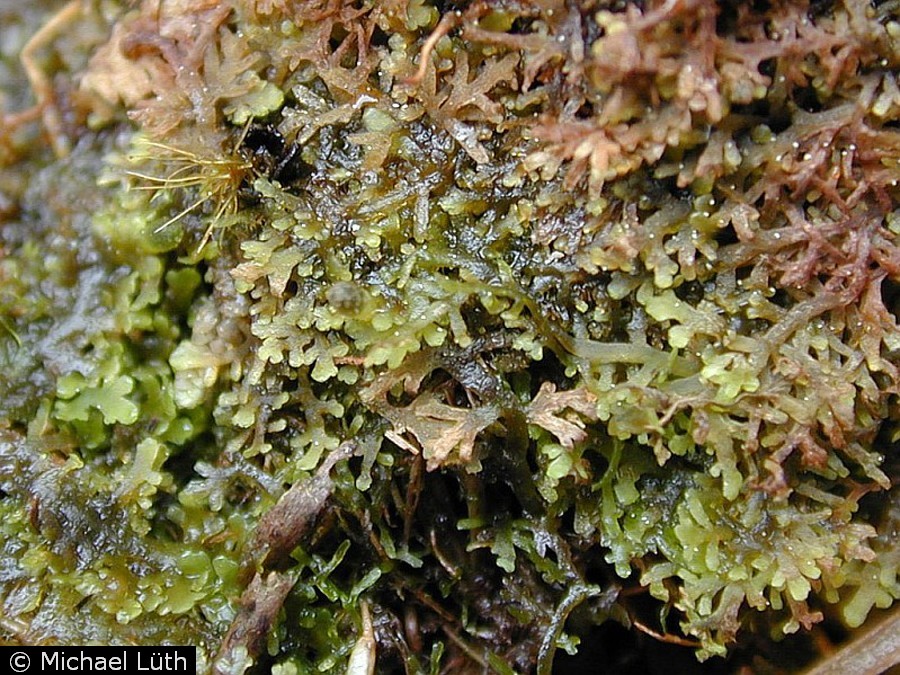 , a paniclepanicle:
, a paniclepanicle:
(n) an indeterminate, branched (often much-branched) inflorescence; the ultimate units may be of a different inflorescence type
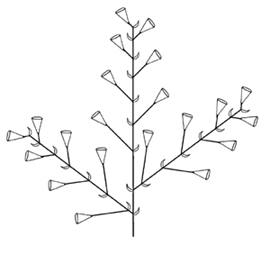 with spikespike:
with spikespike:
(n) an indeterminate, unbranching inflorescence of sessile flowers or flower clusters on a usually elongated axis
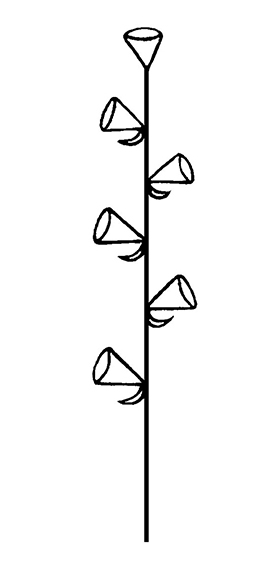 -like branches, each subtended by secondary bracts; flowers not individually distinguishable, perianthperianth:
-like branches, each subtended by secondary bracts; flowers not individually distinguishable, perianthperianth:
(n) collective term for the calyx and corolla of a flower; also used for floral whorl(s) in which the calyx and corolla cannot be resolved; any of the leaves or bracts surrounding the sex organs of bryophytes
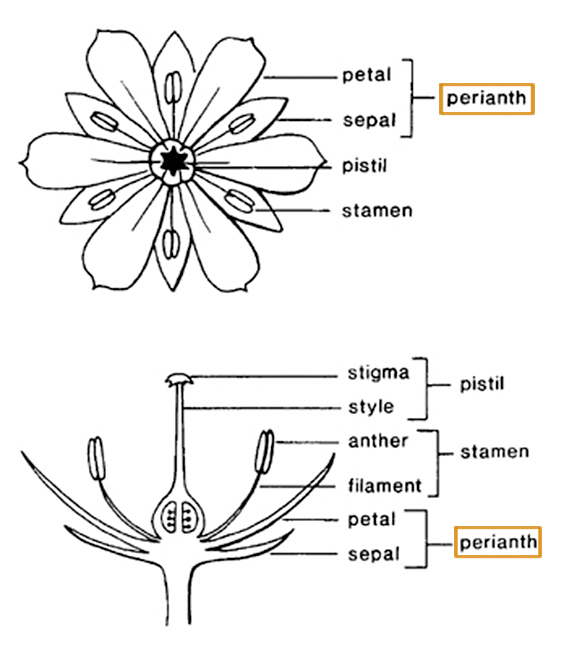 absent, fragrant. Female inflorescenceinflorescence:
absent, fragrant. Female inflorescenceinflorescence:
(n) the arrangement of flowers on the floral axis
 terminalterminal:
terminalterminal:
(adj) at the apex
 , of 1 or more globoseglobose:
, of 1 or more globoseglobose:
(adj) spherical or nearly so
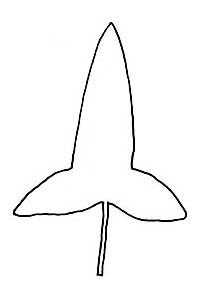 to cylindricalcylindrical:
to cylindricalcylindrical:
(adj) forming a nearly true cylinder
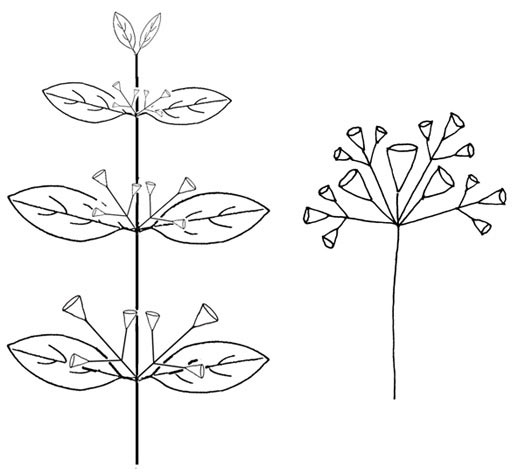 heads, subtended to almost enclosed by bracts; flowers not individually distinguishable, perianthperianth:
heads, subtended to almost enclosed by bracts; flowers not individually distinguishable, perianthperianth:
(n) collective term for the calyx and corolla of a flower; also used for floral whorl(s) in which the calyx and corolla cannot be resolved; any of the leaves or bracts surrounding the sex organs of bryophytes
 absent. Infructescence globoseglobose:
absent. Infructescence globoseglobose:
(adj) spherical or nearly so
 to cylindricalcylindrical:
to cylindricalcylindrical:
(adj) forming a nearly true cylinder
 , of individual drupes, fleshy to hard, crowded, free to variously united into a polydrupe, green, maturing to bright orange or red; seeds 1 per drupedrupe:
, of individual drupes, fleshy to hard, crowded, free to variously united into a polydrupe, green, maturing to bright orange or red; seeds 1 per drupedrupe:
(n) fleshy indehiscent fruit in which the seed or seeds are surrounded by a hardened endocarp (as in a cherry)
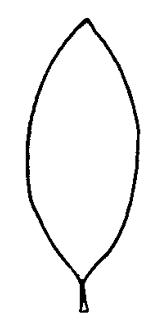 , minute; resembles the fruit of the pineapple.
, minute; resembles the fruit of the pineapple.
in poorly drained areas, wetlands and littorallittoral:
(adj) of or along the shore
 habitats, along coastlines of creeks, rivers, marshes, billabongs and floodplains; some rheophyticrheophytic:
habitats, along coastlines of creeks, rivers, marshes, billabongs and floodplains; some rheophyticrheophytic:
(adj) living or able to live in fast-moving water currents
 in permanent water
in permanent water
Pandanus, comprising 750 species, are not true palms. Most species (notably P. tectorius) are some of the most important and useful trees in the Pacific, second only to coconut.